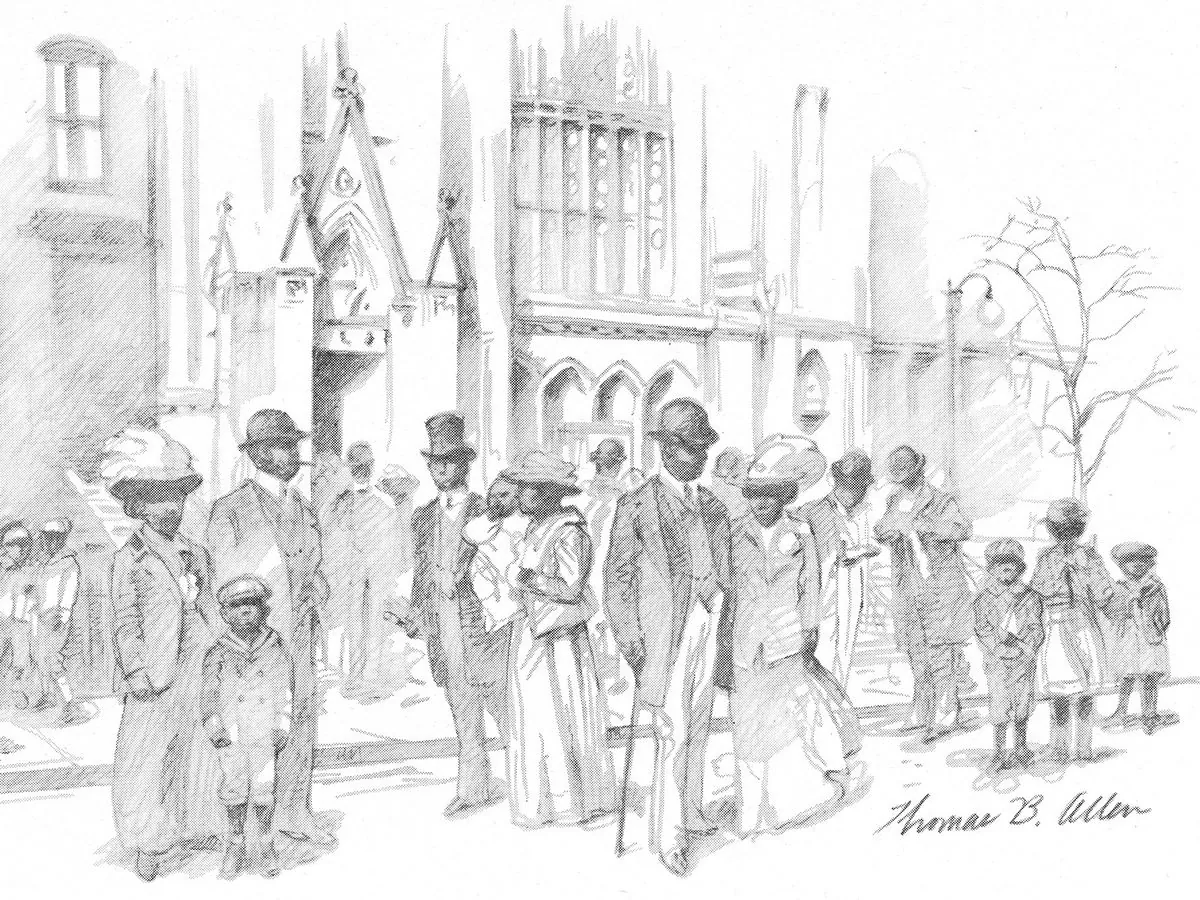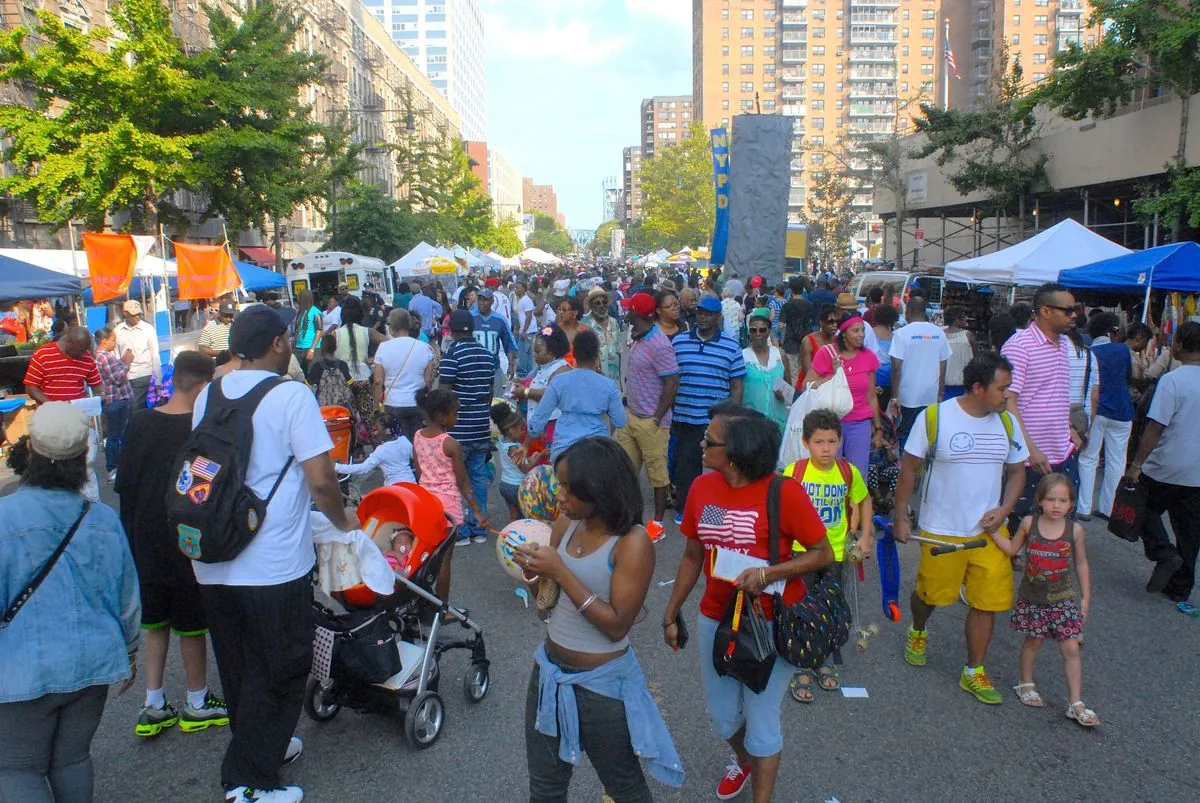Harlem Week at 50: Celebrating Half a Century of Cultural Renaissance
Harlem Week marks its 50th anniversary, showcasing the neighborhood's transformation from urban decline to cultural resurgence. The event, initiated by Percy Sutton in 1974, continues to celebrate Harlem's rich heritage and vibrant community.

In the summer of 1974, Percy Sutton, then Manhattan borough president, initiated a transformative event that would shape Harlem's future for decades to come. This year marks the 50th anniversary of Harlem Week, a celebration that has grown from a single day to an 18-day extravaganza showcasing the neighborhood's cultural richness and resilience.
Harlem, a neighborhood with a storied past, has experienced significant changes over the past five decades. In the 1970s, the area faced challenges such as urban flight and economic disinvestment. However, the inception of Harlem Week marked a turning point, aiming to highlight the community's strengths and attract attention to its potential.
The event's evolution mirrors Harlem's own transformation. What began as Harlem Day expanded to Harlem Week, and at times, even stretched to a month-long celebration. Lloyd Williams, one of the co-founders and current president of the Greater Harlem Chamber of Commerce, noted the event's unique nature, stating, "Only in Harlem could a week be more than seven days."
This year's festivities featured a diverse array of programming, including musical performances spanning genres from hip-hop to gospel, Broadway showcases, and tributes to cultural icons. The event also incorporated practical initiatives such as financial literacy workshops and health screenings, demonstrating a commitment to community empowerment.

Harlem Week serves as a living tribute to the neighborhood's illustrious history. It honors figures from the Harlem Renaissance like Langston Hughes and institutions such as the Apollo Theater, which opened in 1914 and became a cornerstone of African American entertainment. The celebration also recognizes more recent cultural contributions, including the National Jazz Museum in Harlem, founded in 1997.
The event's impact extends beyond cultural celebration. It has played a crucial role in combating negative perceptions and showcasing Harlem's potential. Malik Yoba, an actor who grew up in Harlem, reflected on the neighborhood's past challenges and its ongoing transformation. His experiences have led him to engage in real estate development, aiming to address historical inequities in housing.
"I know what it feels to be denied. People want to come to Harlem before they transition from this world."
Harlem's journey from the challenges of the 1960s and 1970s to its current status as a sought-after neighborhood reflects broader themes of urban renewal and gentrification. The area has maintained its cultural significance while adapting to changing demographics and economic realities.
As Harlem Week celebrates its golden anniversary, it stands as a testament to the neighborhood's enduring spirit and cultural importance. From its roots as a Dutch village in 1658 to its role as a global center of African American culture, Harlem continues to evolve while honoring its rich heritage. The success of Harlem Week over five decades demonstrates the power of community-driven initiatives in shaping a neighborhood's narrative and future.


































